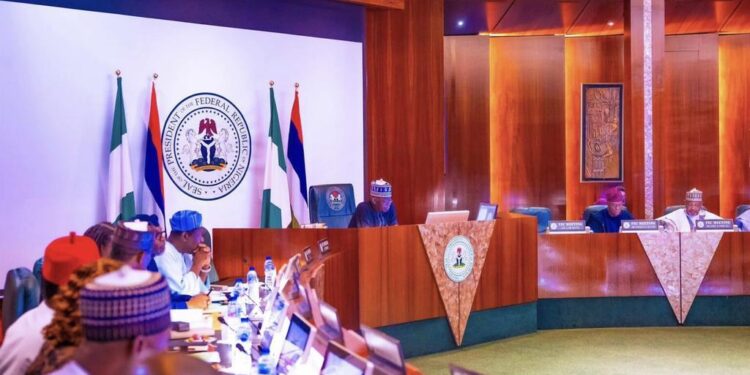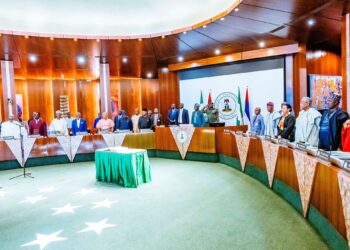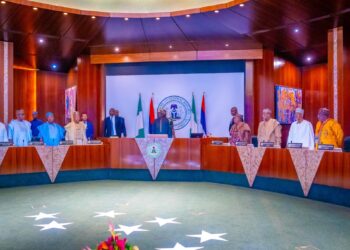The Federal Executive Council (FEC) has approved the recommendations of the Presidential Committee on Fiscal Policy and Tax Reforms in the economic stabilisation plan of the federal government.
Special Adviser to the President on Information and Strategy, Bayo Onanuga stated this in a post on X detailing the highlights of the Federal Executive Council (FEC) meeting held today in the state House, Abuja.
The new reforms in the nation’s tax laws include; tax reliefs for companies employing more staff and personal income relief to workers in both public and private sectors earning between N200,000 and N400,000.
The tax relief offer to companies employing more staff is a form of incentive by the federal government to encourage companies to employ more staff and engage in expansion projects thereby improving capacity and reducing unemployment.
According to him, the economic stabilisation plan embodies the recommendations of the Presidential Committee on Fiscal Policy and Tax Reforms set up by President Tinubu in August 2023.
Furthermore, Mr. Bayo Onanuga also noted that the FEC approved the bill seeking the collaboration of federal and state government to remove haulage levies, livestock levies, market taxes etc.
It stated that sequel to the approval by the Federal Executive Council (FEC), the Economic Stabilisation bills will be transmitted to the National Assembly.
The statement reads, “The Council also approved the Economic Stabilisation Bills, which embody the recommendations of the Presidential Committee on Tax and Fiscal Policy Reforms set up last year by President Tinubu. The bills seek to amend the income tax laws, promote the export of goods and services, reform the exchange rate regime and unlock foreign exchange liquidity. One of the bills offers tax relief to companies that generate incremental employment. Another offers personal income relief to people in private and public employment, from N200,000 to N400,000.”
“Another bill seeks federal and state collaboration to suspend certain taxes on small businesses and vulnerable populations. Among the taxes to be axed are road haulage levies, business premise registration levies, livestock levies, and market taxes and levies.”
Backstory
In August, President Tinubu established the Presidential Committee on Fiscal Policy and Tax Reforms chaired by the senior tax leader at PwC, Mr. Taiwan Oyedele.
The committee was taxed with reviewing Nigeria’s tax laws and making the business climate more favourable to investment. The committee’s goal involved addressing cases of multiple taxation but improving Nigeria’s tax-to-GDP ratio.
While submitting its quick win report last year, President Tinubu stated that his administration hoped to tax the fruits and not the seeds of Nigerians and their businesses.
The committee’s recommendations include; reviewing Nigeria’s total taxes from over 50 to just 8, removal of withholding taxes, removal of import duties for farmers and manufacturers and so on.



















